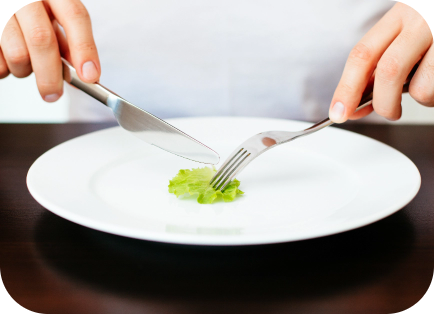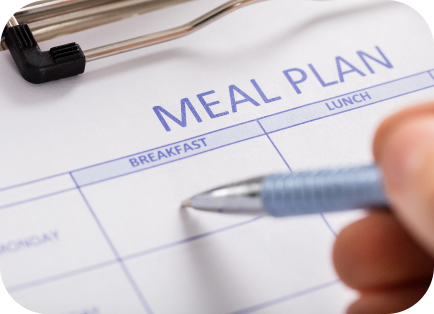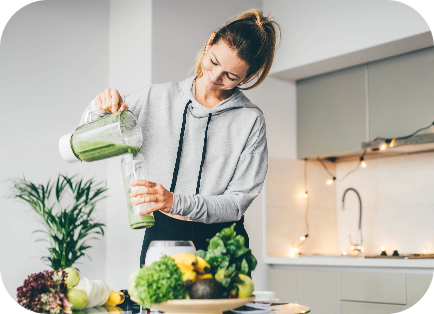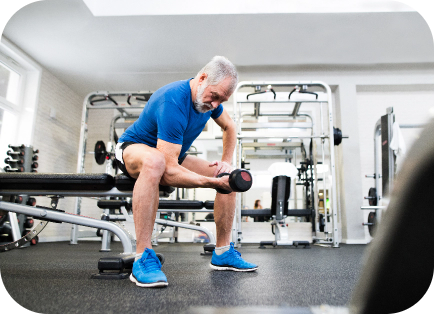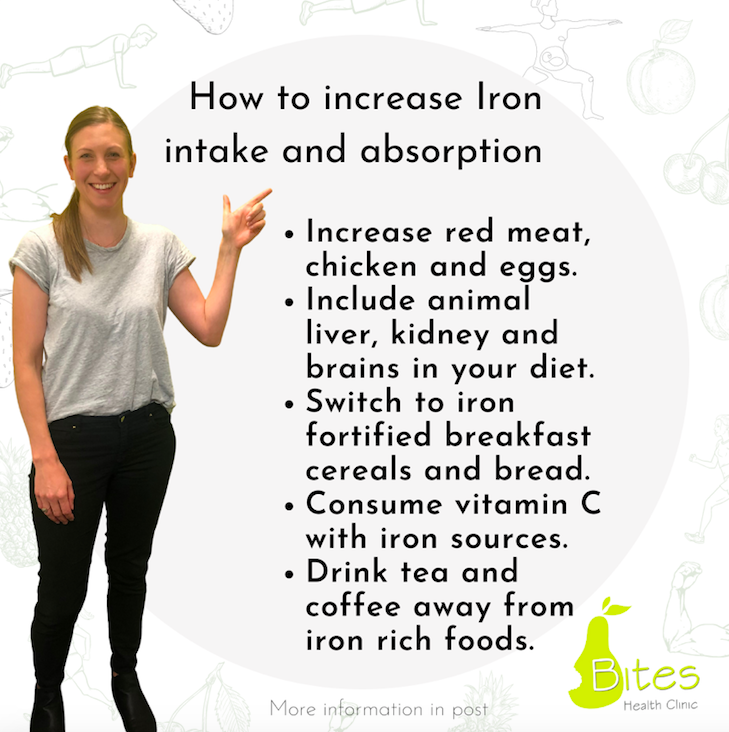
Why do we need iron?
Iron is important for moving and delivering oxygen around the body and for a strong immune system.
Inadequate iron intake can lead to iron deficiency and anaemia which can make you feel tired or weak, reduce your physical and mental capacity, reduce concentration, increase your risk of infection, and can impair or delay growth and development in children. You may also start to look pale.
So how much iron do we need?
The Recommended Daily Intake (RDI) for iron is as follows:
Boys (<18yrs) = 8-11mg
Men = 8mg
Girls (<13yrs) = 8-10mg Girls (14-18yrs) = 15mg Women (19-50yrs) = 18mg Women (>50yrs) = 8mg
Pregnant = 27mg
It can be really hard to hit these RDIs!
Those most at risk of inadequate iron intake and iron deficiency are:
- Menstruating girls and women
- Pregnant women
- Vegetarians
- Vegans
Here is what you can do to increase iron intake and absorption to get the most out of the food you are eating.
- Increase lean meat consumption such as red meats (beef, lamb, pork), chicken, tuna and salmon.
- Add or increase egg consumption.
- Include offal in your diet. These are foods like liver, kidney and brain.
- Switch to iron fortified breakfast cereal and bread. Check the nutrition panel on the back to see if it has iron in it.
- Increase consumption of legumes and beans. These are a good plant source of iron, however it is not absorbed as easily as iron from animal sources.
- Have a source of vitamin C with your iron source. This could look like having an orange or some berries with your breakfast cereal, adding tomato and capsicum to your chickpea salad or having a salad with tomato on the side of your meat dish.
- Drink tea and coffee away from iron rich foods and supplements. They decrease iron absorption.
How do you know if you’re low in iron?
The only way to know is to visit your GP and perform a blood test. They will be able to advise you on whether it might be necessary to increase your iron stores or not. It’s important to check this out first before supplementing or increasing your iron intake that you are in actual fact low in iron. The reason for this is the opposite scenario is also possible where people can have too much iron in their body (iron overload) and may in fact need dietary strategies to reduce it. A team based approach with your treating professionals who know how best to manage this is key here.
Written by Cristina Crapis, Student Dietitian with edits from Chantelle Wardini APD, AEP.


